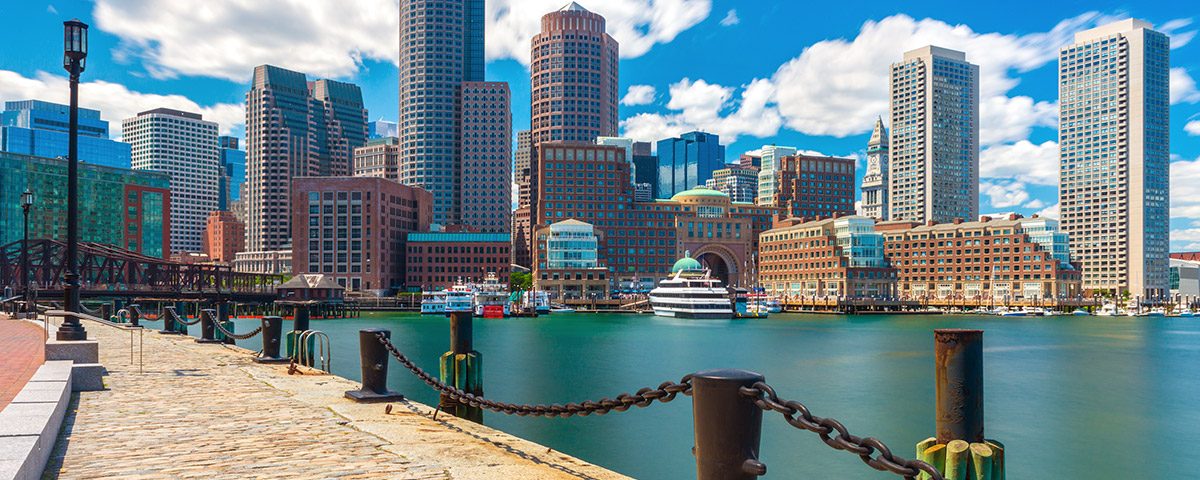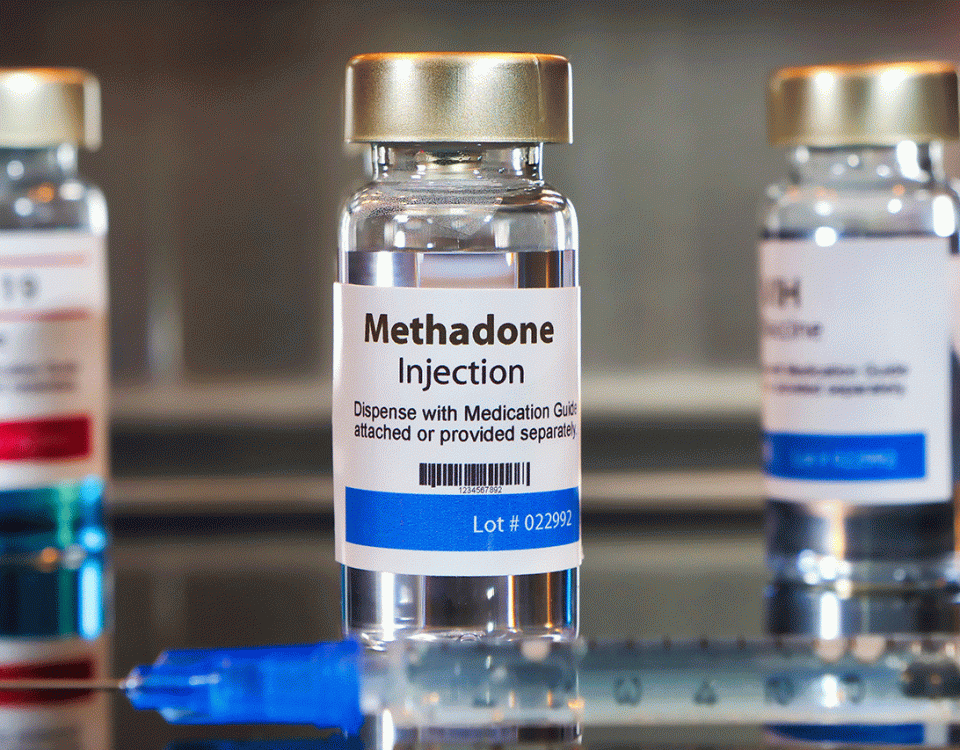The opioid crisis has cast a dark shadow over Massachusetts, prompting a significant and transformative settlement with key players in the pharmaceutical industry. This landmark agreement, stretching over 18 years, reflects a comprehensive response to the devastating effects of opioid addiction within the state. The financial commitment, totaling a substantial amount, is designed to address the intricate challenges posed by the crisis on both a statewide and local level. From a central Opioid Recovery and Remediation Fund to allocations for localities, the Massachusetts opioid settlement outlines a framework that seeks to redress the multifaceted impact of the epidemic. Read on to learn more about the impact of the crisis and the efforts of the settlement and government with Banyan Treatment Centers Massachusetts.
Questions about our Facilities or Programs?
Our admissions coordinators are available 24/7 to answer any questions you may have as you consider whether treatment at Banyan is right for you or your loved one.
Horrifying Effects of the Massachusetts Opioid Crisis
Communities, families, and individuals around the state have been horrified by the Massachusetts opioid epidemic, which has resulted in a complicated web of terrible repercussions. The consequences of the crisis became more apparent as it went on, impacting public health, taxing healthcare systems, and creating difficulties for social services and police enforcement.
Devastating effects of the crisis include:
- Skyrocketing overdose rates: The state has seen a sharp increase in the number of overdoses due to opioids, which has tragically resulted in fatalities and left families devastated by the untimely and avoidable deaths of loved ones.
- Economic strain: The opioid problem puts a tremendous financial demand on social services, law enforcement, and the healthcare system, diverting funds away from other vital sectors and making public finances even more stretched.
- Disruption of families and communities: The social fabric of neighborhoods has been impacted by the addiction's cascading repercussions, which go beyond the addicts themselves.
- Increased incidence of infectious diseases: Public health efforts are being further complicated by the crisis, which has led to an increase in infectious diseases, especially among people who participate in dangerous behaviors like sharing needles.
- A strain on emergency services: The rise in opioid-related incidents has put an additional burden on first responders and emergency services, causing delays in response times and resource utilization.
The horrific consequences of the opioid crisis in Massachusetts highlight the critical need for all-encompassing and ongoing initiatives to deal with the underlying causes of addiction, aid those in need, and put preventative measures in place to stop the damage from getting worse. It is crucial to give priority to intervention and rehabilitation programs that can lessen these severe and protracted effects, promoting healing and resilience in the most impacted communities while the state struggles to deal with the fallout from this disaster.
What Are the Payouts for the Opioid Settlement in Massachusetts?
The opioid settlement in Massachusetts entails a significant financial commitment, with the state set to receive $1 billion over 18 years from settlements with opioid manufacturers and distributors. This sizable settlement is the outcome of legal action taken against organizations linked to the national opioid crisis, which is a crucial step in bringing those responsible for contributing to the epidemic accountable. The settlement's longer schedule guarantees a steady and substantial flow of funding, giving the state a rare chance to carry out extensive and long-lasting programs targeted at resolving the intricate problems brought on by opioid use disorder. This sustained financial investment demonstrates a calculated strategy to address the opioid epidemic in addition to highlighting the severity of the situation.1
Who Qualifies for the Opioid Settlement in Massachusetts?
The eligibility requirements for the opioid settlement in Massachusetts cover a range of organizations and individuals who have been impacted by the opioid crisis. The state will get $1 billion over 18 years as a primary beneficiary of settlements with opioid makers and distributors connected to the issue. Municipalities can meet the unique requirements of their communities because each locality in the state is allotted 40% of the settlement funds. With 60% of the settlement proceeds going toward statewide initiatives for opioid use disorder prevention, intervention, treatment, and recovery, the Opioid Recovery and Remediation Fund (ORRF) plays a key role.1
This all-encompassing strategy recognizes the opioid crisis's broad effects and makes sure that local and state governments have the resources necessary to handle the complex problems that come with opioid addiction. Furthermore, the emphasis on accountability is placed on public reporting and transparency, which permits the public to monitor the use of funds and guarantees that the settlement helps those who have been most affected by the crisis, especially marginalized and disadvantaged populations.
Getting into treatment is easy with our free insurance verification
"*" indicates required fields
Opioid Abuse Resources at Banyan Massachusetts
At our rehab in Massachusetts, we stand as a dedicated ally in the fight against opioid addiction, offering a comprehensive range of resources and interventions. Our commitment extends beyond mere acknowledgment of the crisis; we actively strive to provide evidence-based therapies and resources to aid patients undergoing our opioid addiction treatment program. By aligning with the principles outlined in the Massachusetts opioid settlement, our mission is to contribute to the healing and rebuilding process. Through a holistic approach, our rehab near Boston aims to be a beacon of hope, fostering resilience and empowering individuals to overcome the challenges posed by opioid addiction. Together, we aspire to turn the tide against this crisis, offering a lifeline for those affected and working collaboratively towards a healthier and more vibrant future.
If you or a loved one needs help in overcoming the significant challenges of opioid addiction, call Banyans Massachusetts Addiction Treatment Center today at 888-280-4763.
Source:
- Vital Strategies - Guide for Community Advocates on the Opioid Settlement Massachusetts









